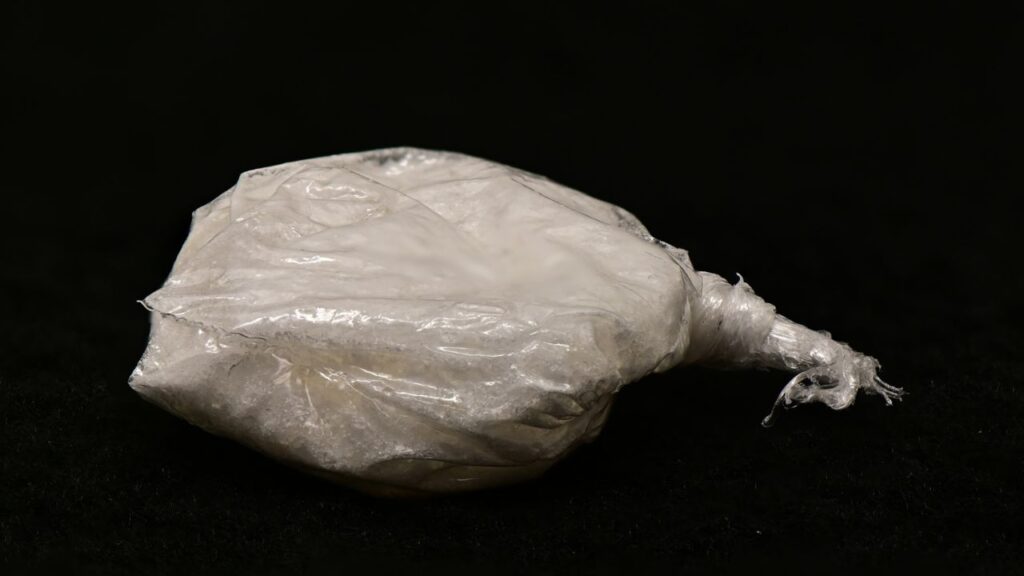Cocaine is a highly addictive stimulant drug that can quickly lead to dependency and a range of severe health consequences. At Swift River, a leading drug and alcohol addiction treatment center in Western Massachusetts, we understand the importance of recognizing the signs and symptoms of cocaine addiction early on. By identifying these warning signs, individuals and their loved ones can seek professional help and begin the journey towards recovery.
Physical Symptoms
Cocaine use can cause a variety of physical symptoms, some of which may be immediately noticeable, while others may develop over time. Common physical signs of cocaine addiction include:
- Dilated pupils
- Runny nose or frequent sniffling
- Nosebleeds
- Rapid heartbeat and elevated blood pressure
- Tremors or muscle twitches
- Decreased appetite and weight loss
- Insomnia or irregular sleep patterns
- Increased body temperature and sweating
- Chest pain or respiratory issues
- Seizures or convulsions in severe cases

If you or someone you know exhibits these physical symptoms in conjunction with cocaine use, it may be indicative of an addiction. It is essential to seek medical attention immediately if severe symptoms, such as chest pain or seizures, occur.
Psychological Symptoms of Cocaine Use
Cocaine’s effects on the brain can lead to significant psychological symptoms, which may include:
- Euphoria followed by a “crash” or feelings of depression
- Irritability and mood swings
- Anxiety and paranoia
- Impaired judgment and decision-making
- Restlessness and agitation
- Hallucinations and delusions
- Increased impulsivity and risk-taking behavior
- Difficulty concentrating or focusing on tasks
- Obsessive thoughts about obtaining and using cocaine
- Suicidal thoughts or tendencies in severe cases
These psychological symptoms can be particularly concerning, as they may lead to risky behaviors and strained relationships with family and friends. If you notice these symptoms in yourself or a loved one, it is crucial to seek professional help.
Behavioral Signs
In addition to physical and psychological symptoms, cocaine addiction often manifests through changes in behavior. Some common behavioral signs to look for include:
- Neglecting responsibilities at work, school, or home
- Withdrawing from social activities and hobbies
- Engaging in secretive or suspicious behavior
- Frequent absences or tardiness
- Financial difficulties or borrowing money
- Associating with new friends who use drugs
- Lying about drug use or downplaying its severity
- Stealing or engaging in illegal activities to obtain cocaine
- Neglecting personal hygiene and appearance
- Continuing to use cocaine despite negative consequences
If you notice these behavioral changes in yourself or a loved one, it is crucial to seek help from a professional addiction treatment center like Swift River.
Long-Term Health Consequences of Cocaine
In addition to the immediate effects of cocaine use, long-term addiction can lead to severe health consequences, such as:
- Permanent damage to the nasal passages and septum
- Cardiovascular problems, including heart attacks and strokes
- Respiratory issues, such as pneumonia and lung damage
- Gastrointestinal complications, like bowel decay
- Neurological disorders, including Parkinson’s disease
- Increased risk of infectious diseases, such as HIV and hepatitis C
- Cognitive impairments, such as memory loss and difficulty learning
- Mental health disorders, including depression and anxiety
Seeking treatment for cocaine addiction early on can help prevent these long-term health consequences and improve overall well-being.

Co-Occurring Disorders
Cocaine addiction often co-occurs with other mental health disorders, such as depression, anxiety, bipolar disorder, and post-traumatic stress disorder (PTSD). These co-occurring disorders can complicate the recovery process and require specialized treatment.
At Swift River, our experienced team of addiction specialists is well-versed in addressing co-occurring disorders through an integrated approach that combines addiction treatment with mental health care. By treating both the addiction and the underlying mental health issues simultaneously, we can help individuals achieve a more comprehensive and sustainable recovery.
Treatment Options at Swift River
At Swift River, we offer comprehensive treatment programs designed to help individuals overcome their cocaine dependency and achieve lasting recovery. Our experienced team of addiction specialists provides a range of evidence-based therapies, including:
- Medical detoxification to manage withdrawal symptoms safely
- Individual and group counseling sessions
- Cognitive-behavioral therapy (CBT)
- Family therapy to rebuild relationships and support systems
- Relapse prevention training
- Holistic therapies such as yoga, meditation, and art therapy
- Dual diagnosis treatment for co-occurring mental health disorders
- Aftercare planning and support to maintain long-term recovery
Our personalized treatment plans address each individual’s unique needs, ensuring the best possible outcomes for long-term recovery. We also offer a serene and supportive environment that promotes healing and personal growth, with state-of-the-art facilities and a compassionate staff dedicated to your success.
Seeking Help for Cocaine
If you or someone you love is struggling with cocaine addiction, know that help is available. Swift River’s dedicated team is here to support you every step of the way. Don’t wait until the consequences of addiction become too severe – reach out today and take the first step towards a healthier, drug-free life.
Remember, addiction is a treatable condition, and with the right support and resources, recovery is possible. At Swift River, we believe in empowering individuals to overcome their addiction and build a strong foundation for a brighter future.
Call Swift River at 413-570-9698 to learn more about our cocaine addiction treatment programs and begin your journey to recovery. Our admissions team is available 24/7 to answer your questions, provide guidance, and help you take the first step towards a life free from cocaine addiction.












